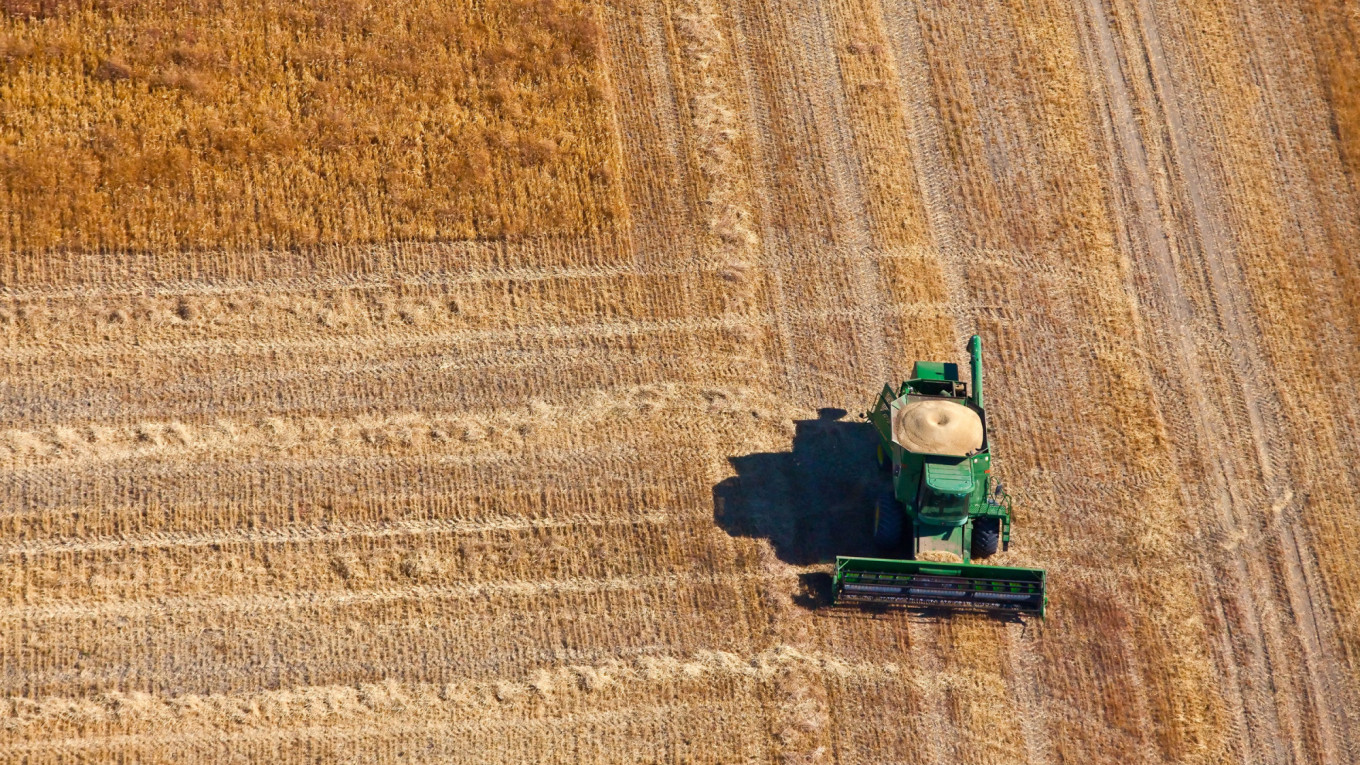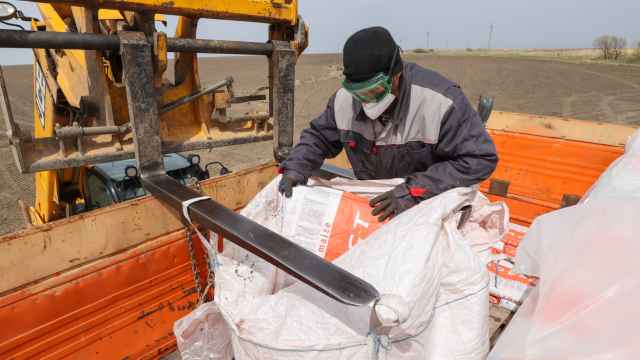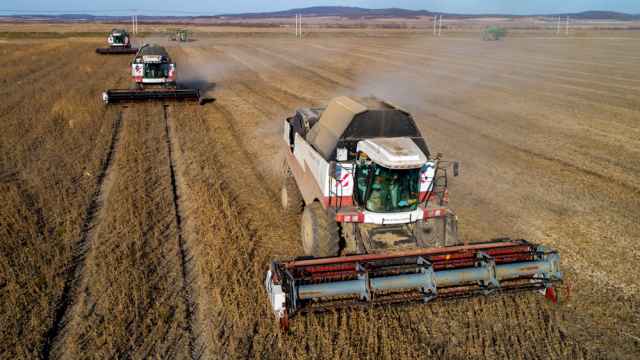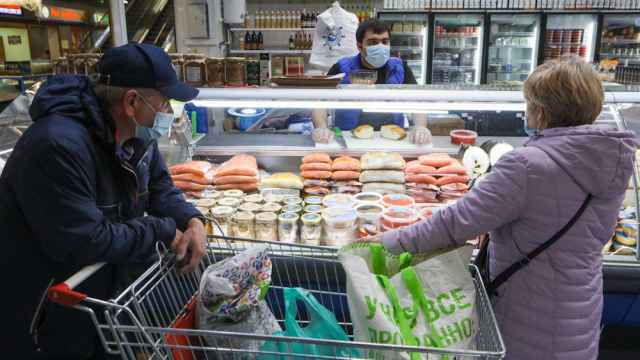The Chinese state food trading corporation COFCO is eyeing a 25 percent stake in Russia’s third-largest grain terminal, KSK in Novorossiysk, the Vedomosti daily and Reuters reported, citing sources close to the deal.
DeloPorts, the holding company that owns the terminal, confirmed negotiations have begun without disclosing the details.
Agriculture is a key strategic sector for the Kremlin, which has poured money into development and seen grain production and exports soar as a result.
Grain is the new oil, with Russia earning over $20 billion a year from grain exports in recent years. That makes it the second biggest export product after raw materials, earning the country more than it makes from the export of arms. Russia has been the world’s largest grain exporter for the last few years and is on course to retain the title, although this year it is running neck and neck with Ukraine.
The possible deal with COFCO comes on top of several others pointing to possible expansion of Chinese investment in the Russian agricultural sector.
KSK, which is a deep water terminal, handled 4.8 million tonnes of grain exports last year. A 25 percent plus one share stake is controlled by commodities trader Cargill, which is reportedly not participating in the COFCO deal.
China has kept its agricultural market largely closed to imports as it tries to cover its own domestic needs, but as the middle class emerges demand is rising and Beijing is slowly opening up to more exports. Russia has been eyeing the Chinese market and sees exports of agricultural products to China — especially across its Far Eastern border to China’s north-western provinces — as a key market for development and potentially a major money-maker.
At the same time, deals with China have shifted from state-to-state energy deals, with Chinese companies taking equity stakes in companies in strategically important sectors outside of energy as part of the process of tying the two countries’ economies together. These investments are not just about supplying China with the products it needs, they are also financial investments for profit.
In 2015-2016 COFCO acquired the grain trading companies Noble Agri and Nidera, that also operate in Russia. In 2018 COFCO was the 16th-largest grain exporter from Russia.
"The deal would open attractive opportunities for COFCO to export large volumes of Russian grain to Middle East markets," sources told Reuters, adding that "Novorossiysk is particularly important for exports to Egypt," which is the largest buyer of Russian grain.
Recently Russian state-controlled bank VTB has been consolidating its grain assets, acquiring Russia's largest grain freight operator RusTransCom and one of its largest grain terminals, Novorossiyskiy Kombinat Hleboproduktov.
The bank previously said it would develop grain export infrastructure together with the state. RusTransCom previously said it was preparing to IPO, but later withdrew plans saying that it had received a better offer from VTB for a private placement.
This article first appeared in bne IntelliNews.
A Message from The Moscow Times:
Dear readers,
We are facing unprecedented challenges. Russia's Prosecutor General's Office has designated The Moscow Times as an "undesirable" organization, criminalizing our work and putting our staff at risk of prosecution. This follows our earlier unjust labeling as a "foreign agent."
These actions are direct attempts to silence independent journalism in Russia. The authorities claim our work "discredits the decisions of the Russian leadership." We see things differently: we strive to provide accurate, unbiased reporting on Russia.
We, the journalists of The Moscow Times, refuse to be silenced. But to continue our work, we need your help.
Your support, no matter how small, makes a world of difference. If you can, please support us monthly starting from just $2. It's quick to set up, and every contribution makes a significant impact.
By supporting The Moscow Times, you're defending open, independent journalism in the face of repression. Thank you for standing with us.
Remind me later.






